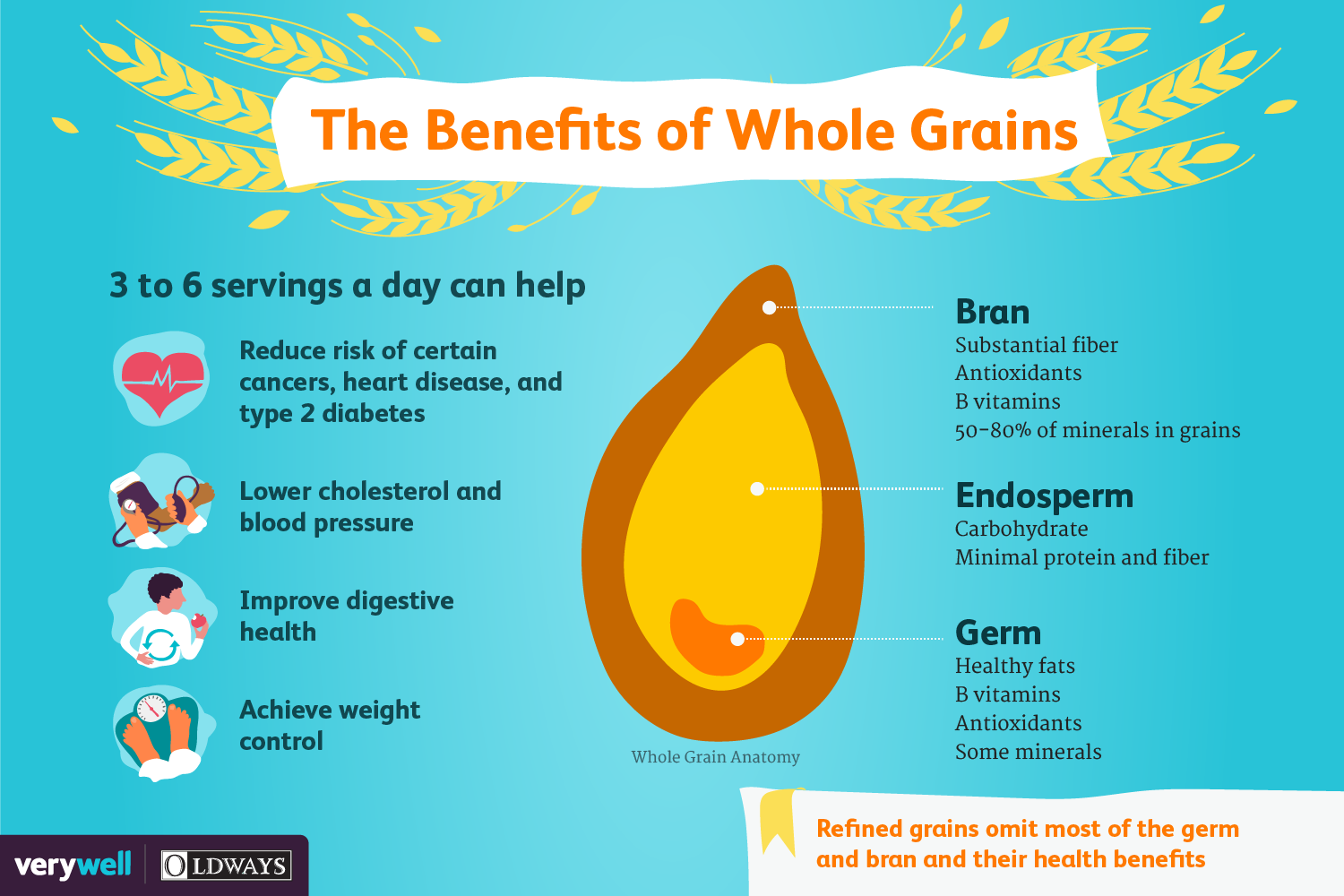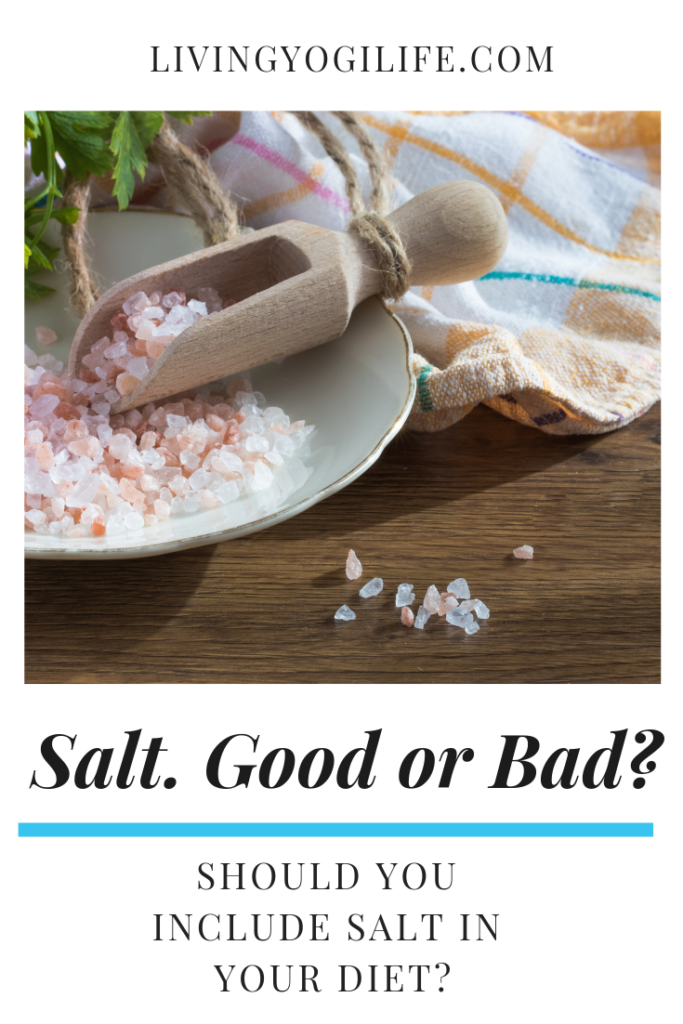
Many people who have cancer are unaware of the importance and value of nutrition. While most diets are intended to help someone lose weight and prevent them from developing cancer, many people fail to realize the importance of nutrition. Consuming a balanced diet is crucial in preventing disease and staying strong during treatment. Dr. John Shin, a Mayo Clinic oncologist and hematologist, answers questions about nutrition and cancer. For more information, you can listen to this podcast on iTunes, Tune-in Apple or Spotify.
Although it is important to eat nutritious foods, the Mayo Clinic Healthy Weight Pyramid recommends that you eat more vegetables, fruits, and lean proteins. Lean meats, whole grains, and lean proteins are great sources of protein. Unsaturated fats can increase cholesterol levels and reduce your risk for coronary heart diseases. A calorie-free drink helps round out the meal. The diet is a great way of eating healthy and losing weight.

The Mayo Clinic Diet encourages eating habits to be changed. Although it does not restrict whole food groups, the Mayo Clinic Diet recommends limiting portions of certain foods. This program includes meal plans as well as serving suggestions that can be used to plan meals. It encourages eating foods from the Mayo Clinic Healthy Weight Pyramid. The Mayo Clinic Diet is designed for people who want to lose weight. This diet isn't for everyone, but it is ideal for most people.
The Mayo Clinic Diet recommends eating a balanced diet that contains foods rich in fiber, protein, and healthy fats. The diet encourages a heart healthy diet full of low-fat and low-calorie foods. There are options for vegetarians, vegans, as well those who follow the Mediterranean lifestyle. It offers a vegetarian-friendly high-protein and ketogenic eating plan. The Mayo Clinic Diet can help you lose weight.
The Mayo Clinic diet includes whole-grain carbohydrates, lean proteins, and healthy fats. It encourages healthy portions and decreases calories. The Mayo Clinic diet is designed to help people lose weight safely. The Mayo Clinic diet is based on natural foods that are high in fiber, low in saturated fats, and healthy for you. The Mayo Clinic diet is designed to provide results within one week for diabetics. Additionally, the diet offers many other benefits including lower blood pressure, inflammation, and more.

It is important to eat plenty fruits and vegetables. However, the Mayo Clinic Diet suggests that a majority of your diet should consist of produce. This is because fruits & vegetables are the best types of food. It is important to include a variety of fruits and vegetables in your daily diet, as it will ensure a better vitamin and mineral intake. You can also add protein to your daily meals. You can modify this diet according to your energy needs.
FAQ
What kind of food should I avoid when trying to lose weight?
Avoid trans fats. Trans fats increase LDL cholesterol (the bad) and decrease HDL cholesterol (the healthy).
Trans fats can also be found in deep-fried food, fast food, packaged bakery goods, snack cakes, as well as other processed foods.
These unhealthy fats also cause inflammation, leading to heart disease and diabetes.
Avoid eating foods that contain artificial sweeteners. Artificial sweeteners are linked to an increased risk of cancer.
These chemicals are found in many products, including soft drinks, candy bars, chewing gum, as well as candy bars. They are also found in poultry, eggs, meat and fish.
Artificial sweeteners can be saccharin or cyclamate, sucralose, sorbitol or aspartame.
These chemicals can damage DNA and cause cell death, according to the American Heart Association.
How many calories do I need to eat each day?
This varies from person to person. The average is 2000 - 2500 calories per day. You need to determine how many calories you need based on age, gender, height, weight, activity level, and lifestyle.
Do Men Need A Gym Membership?
A gym membership does not have to be required for men. But, if you do join a gym, it will make your money go further.
Most gyms offer free trial memberships, allowing you to try out the facilities before paying any fees.
You can use our gym anytime you like and it's free. You can cancel or modify your membership anytime you feel you don't like it.
Are Cardio exercises good or bad for your health?
Cardiovascular exercise offers many benefits. It improves blood circulation, strengthens your heart muscle, increases stamina, helps you lose weight, and gives you energy.
Cardiovascular exercise includes running, biking, hiking, swimming, tennis, basketball, soccer, volleyball, football, etc.
Cardio exercises should be avoided at high intensity levels. This could cause injury.
If you feel fine, only do the cardiovascular exercise.
Never push yourself past your limits. Otherwise, you could end up injuring yourself.
Begin by warming up before engaging in cardio exercise. Next, increase your intensity gradually.
Always listen to your body. If you feel pain when doing cardiovascular exercise, you should immediately stop.
Also, after a cardiovascular workout, it's advisable to take a rest. This gives your muscles the chance to heal.
Cardiovascular exercise is essential for losing weight.
It is the most efficient way to lose weight and stomach fat.
What is a good exercise routine?
To stay fit, you need to exercise regularly. It doesn't make a difference what kind of activity you choose. As long as you do it often, it will be beneficial. Consistency is the key. It is important to stay consistent in order to get results.
Begin small daily activities like walking. You can gradually increase the amount of exercise you do until you have 30 minutes each day. This could be running, biking, swimming or weight training.
It is important to exercise every day of the week. You should not miss any sessions unless there is a good reason.
When exercising outside, make sure you have the right clothing and shoes. You should also consider the weather conditions that could affect your ability exercise safely.
When you exercise, drink plenty of fluids. Drinking alcohol during exercise can cause dehydration. Avoid caffeine-rich drinks like coffee, tea, and coca. They can give you energy, but will also dehydrate.
You might feel tired when you start to exercise for the first time. Keep going with your workouts and you'll soon feel more energized.
Statistics
- Candidates and applicants must pass all four tests at 70% (minimum level) to graduate from Basic Deputy U.S. Marshal (BDUSM) Training. (usmarshals.gov)
- Get free shipping and 25% off today. (healthline.com)
- The PRS enabled risk stratification for overall prostate cancer and lethal disease with a four-fold difference between men in the highest and lowest quartiles (HR, 4.32; 95% confidence interval [CI], 3.16-5.89). (pubmed.ncbi.nlm.nih.gov)
- An estimated calorie range for moderately active adult males falls between 2,200 to 2,800 calories per day, depending on age. (eatright.org)
- By John Thompson Take a whopping 38% off a set of PowerBlock Pros. (menshealth.com)
External Links
How To
How can I burn fat while exercising?
Exercise can help you burn calories and increase your metabolism.
Moderate intensity exercise is a safe way to lose weight.
To burn fat while exercising, follow these tips:
-
Cardio exercises include swimming, running or cycling.
-
For 30 minutes, do it three times a week.
-
Add strength training to your workouts if you are looking to lose more weight.
-
Avoid doing intense exercises. You can build muscle without breaking down muscle tissue.
-
When exercising, make sure to drink lots of water. Water helps flush out toxins and keep your body properly hydrated.
-
After working out, drink low-fat protein shakes. Protein shakes help repair muscles and boosts energy.
-
You can eat smaller meals throughout the day so that you don't feel hungry in between meals.
-
Don't skip breakfast! Skipping breakfast can make you tired and sluggish.
-
Mental health is important. Stressful situations may slow down your metabolism.
-
Keep a positive attitude. Studies have shown that people who are convinced they are overweight gain more weight than those who feel they look attractive.
-
Get enough rest. A lack of sleep makes it difficult to lose fat.
-
Be active. Make sure you get up and move every hour.
-
Maintain a healthy diet. Healthy eating will keep you fuller and more satisfied for longer.
-
Find relaxation methods. Relaxing doesn't mean your body releases stress hormones which cause muscle tissue to be destroyed.
A balanced diet will provide all nutrients that are necessary for growth.
Instead of eating three large meals a day, eat six smaller meals every day. This gives your body time and energy to process the food.
For strong bones to be maintained, you need approximately 500mg of calcium per day. Calcium can also be found in milk products, yogurt, fortified Soy beverages, orange Juice, cereals and bread.
Calcium comes from leafy green vegetables, beans, tofu, nuts, seeds, and cheese.
Your body needs vitamin D to absorb calcium. Vitamin D can also be found in some fortified foods such as eggs, fish, and yolk.
Vitamin E is crucial for skin health. It can be found as a vegetable oil, wheat germ, peanuts or almonds.
Your body needs zinc for normal immunity function and wound healing. Zinc is found in seafood, oysters legumes meats, whole grains, whole grains and meats.
Zinc deficiency can cause fatigue and loss of appetite. It can also lead to depression and impaired immunity.
Eating too much sugar causes insulin resistance, which increases blood glucose levels. Insulin resistance causes weight gain.
Insulin resistance occurs when the bloodstream is full of free radicals. Free radicals refer to molecules that contain unpaired electrons. They can damage cell membranes and other body parts.
Food additives, pesticides and herbicides, as well as preservatives, smoking and radiation are all sources of free radicals.
Free radical damage may lead to cancer, heart disease diabetes, arthritis, asthma and other conditions.
The best way to avoid free radicals is to eat a balanced diet high in antioxidants. Antioxidants protect against oxidative damage.
Vitamin C (found on citrus fruits), Beta carotene, found in carrots and sweet potatoes, spinach and broccoli, cantaloupe (found in tomatoes, mangoes and peppers), and Vitamin E (found nuts, olive oil and avocados).
Selenium, copper as well as manganese and zinc are some other antioxidant nutrients.
Selenium protects cells from free radical damage. Selenium can be found in Brazil nuts and liver, kidneys, liver, kidneys, shrimp, cod, turkey and lamb as well as chicken.
Copper protects eyes, brain, lungs and red cells. Copper is found in shellfish, poultry, meat, and organ meats.
Manganese, an essential component of bone strength, is crucial. Manganese may be found in brown rice or spinach, bananas and prunes as well raisins, oatmeal and lentils.
Zinc is necessary for average growth, reproduction, and wound healing. Zn is present in lean cuts of meat and white fish, as well as eggs.